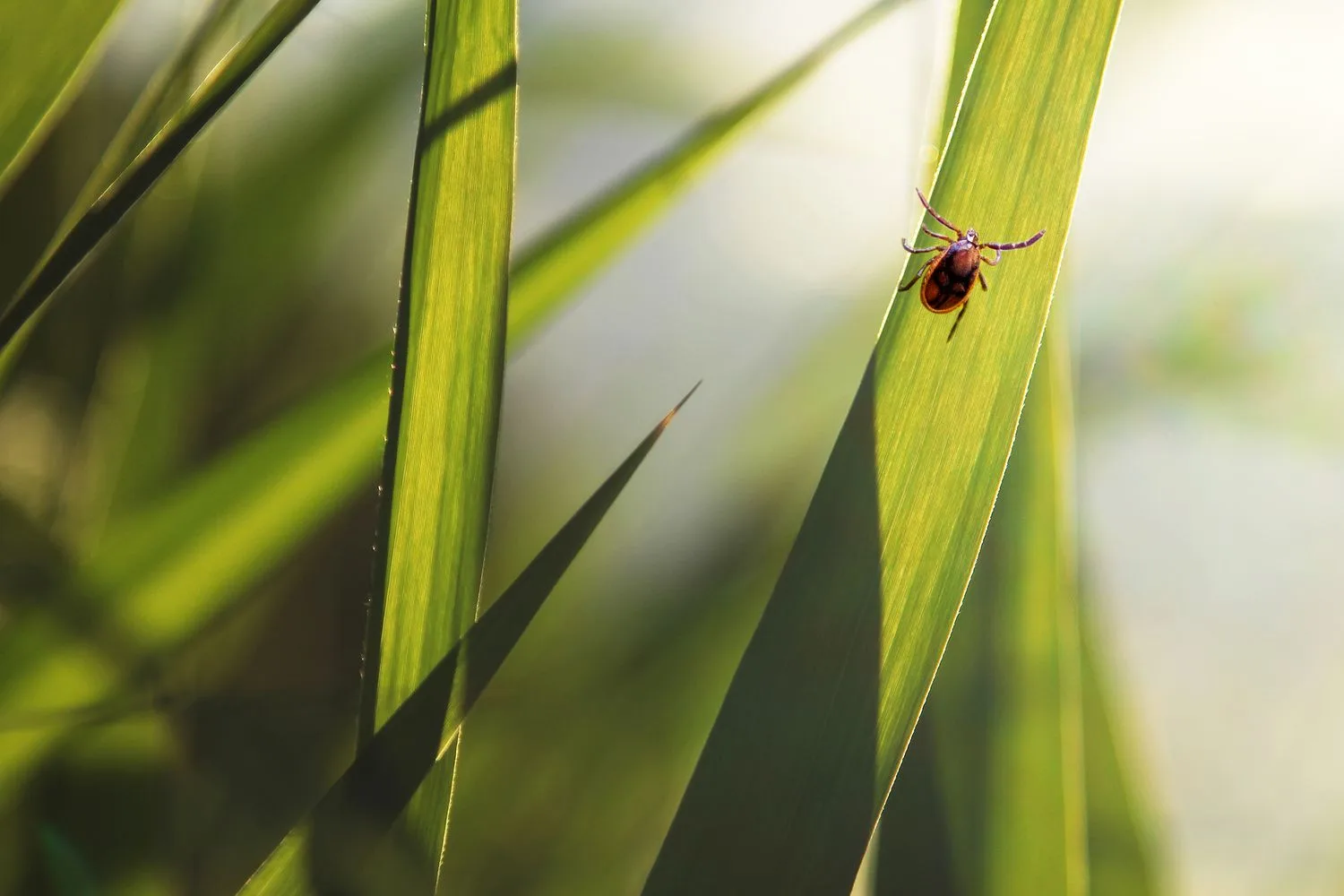Protecting Your Garden from Ticks: Expert Tips
Ticks are more than just a nuisance; they’re tiny parasites that can transmit diseases to both humans and pets. Keeping them out of your garden is essential for creating a safe and enjoyable outdoor space. Experts recommend a multi-faceted approach to tick prevention, focusing on habitat management and preventative measures.
Understanding Tick Habitats
Ticks thrive in moist, shady areas with tall grass and leaf litter. By modifying your garden’s environment, you can make it less hospitable to these pests:
- Clear Leaf Litter: Rake up and remove fallen leaves regularly. Ticks love to hide and breed in these damp environments.
- Mow Regularly: Keep your lawn short to reduce tick habitats. Focus on areas bordering wooded sections or tall grass.
- Create a Barrier: Use wood chips or gravel to create a barrier between your lawn and wooded areas. This can help prevent ticks from migrating into your yard.
- Trim Shrubs and Bushes: Prune shrubs and bushes to increase sunlight and airflow, making the environment less appealing to ticks.
Preventative Measures
In addition to habitat management, several preventative measures can help reduce the tick population in your garden:
- Tick-Repellent Plants: Consider planting tick-repellent plants like lavender, rosemary, and sage around your garden.
- Insecticides: Use insecticides specifically designed to target ticks. Always follow the manufacturer’s instructions carefully and apply them to areas where ticks are likely to be found.
- Professional Pest Control: If you have a severe tick problem, consider hiring a professional pest control service. They can provide effective treatments and strategies to manage the tick population.
- Protect Yourself: When working in your garden, wear long sleeves, pants, and socks. Use insect repellent containing DEET or picaridin.
Final Overview
By implementing these expert tips, you can significantly reduce the risk of ticks in your garden and protect yourself, your family, and your pets from tick-borne diseases. Consistent habitat management and preventative measures are key to creating a tick-free outdoor environment.




+ There are no comments
Add yours